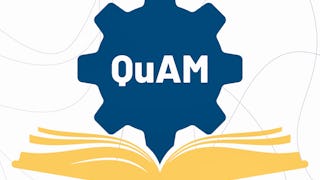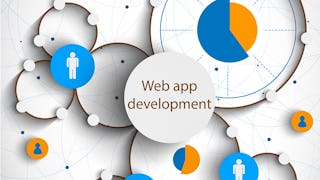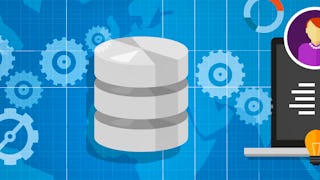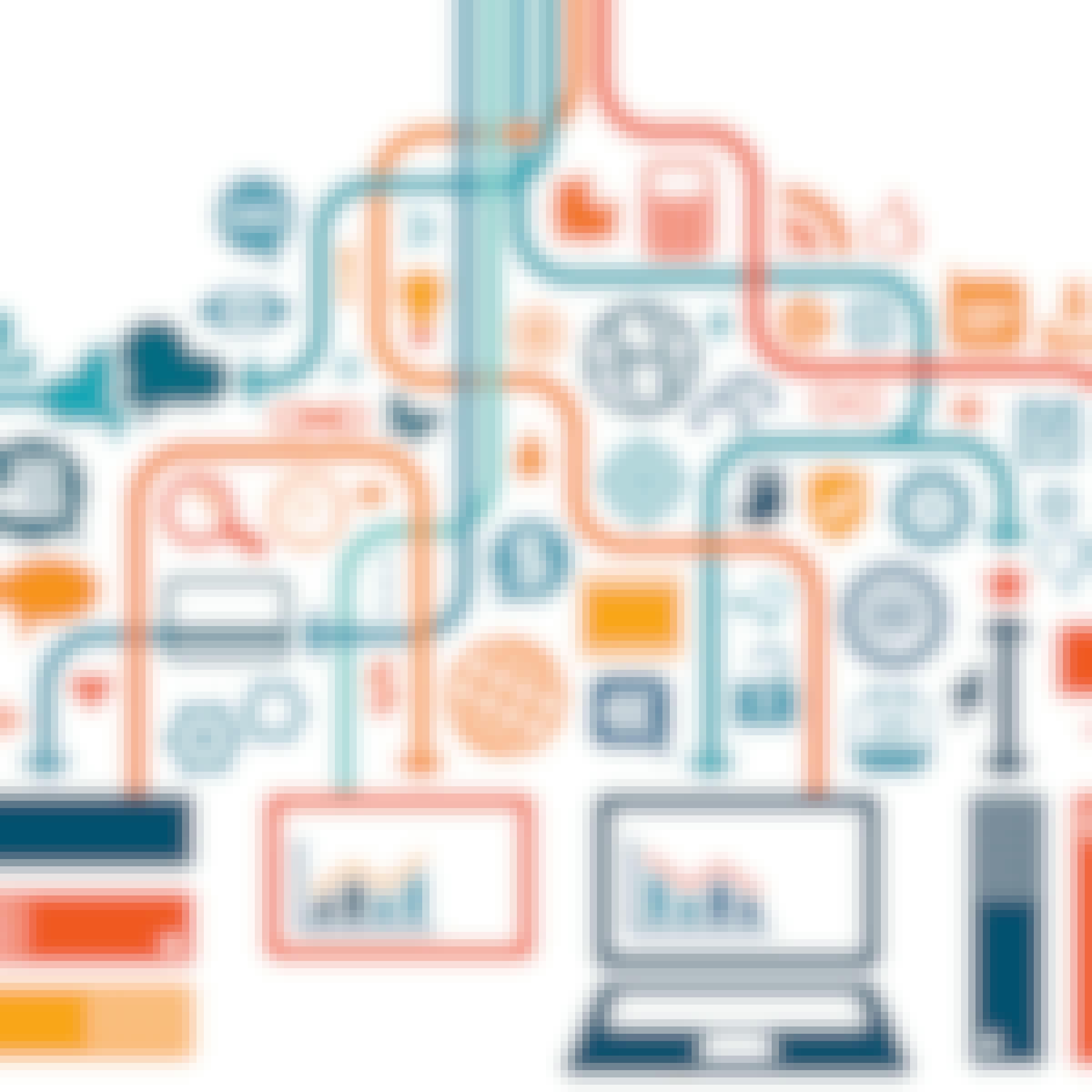- Browse
- Food Science
Food Science Courses
Food science courses can help you learn about food safety, nutrition, sensory evaluation, and food processing techniques. You can build skills in recipe formulation, quality control, and understanding food chemistry. Many courses introduce tools like statistical software for analyzing taste tests, laboratory equipment for testing food properties, and food modeling software to predict shelf life, allowing you to apply these skills in real-world food production and innovation.
Popular Food Science Courses and Certifications
 Status: Free TrialFree TrialS
Status: Free TrialFree TrialSScrimba
Skills you'll gain: Prompt Engineering, Anthropic Claude, Responsible AI, OpenAI API, Cloud Deployment, Cloud Applications, LLM Application, OpenAI, HTML and CSS, ChatGPT, Application Deployment, Mobile Development, API Gateway, Generative AI, Model Deployment, Cloud Security, Data Ethics, Application Programming Interface (API), Debugging, Artificial Intelligence
4.5·Rating, 4.5 out of 5 stars279 reviewsIntermediate · Specialization · 1 - 3 Months
 Status: PreviewPreview
Status: PreviewPreviewSkills you'll gain: Microarchitecture, Computer Architecture, Hardware Architecture, Computer Hardware, Computer Systems, Computer Science, Embedded Systems, OS Process Management, Computer Programming, C (Programming Language), Program Development, C# (Programming Language)
4.7·Rating, 4.7 out of 5 stars67 reviewsBeginner · Course · 1 - 3 Months
 Status: Free TrialFree TrialA
Status: Free TrialFree TrialAAlberta Machine Intelligence Institute
Skills you'll gain: Data Preprocessing, Data Ethics, Applied Machine Learning, Machine Learning, Machine Learning Algorithms, Product Lifecycle Management, Case Studies, Data Collection, Supervised Learning, Business Requirements, Data Quality, Business Analysis, Unsupervised Learning, Artificial Intelligence
4.7·Rating, 4.7 out of 5 stars746 reviewsIntermediate · Course · 1 - 4 Weeks
 Status: Free TrialFree TrialU
Status: Free TrialFree TrialUUniversity of London
Skills you'll gain: User Accounts, MongoDB, Full-Stack Web Development, Command-Line Interface, Web Applications, Web Development, Javascript, Database Systems, Data Access, Data Validation, Application Frameworks
4.6·Rating, 4.6 out of 5 stars615 reviewsMixed · Course · 1 - 3 Months
 Status: Free TrialFree Trial
Status: Free TrialFree TrialSkills you'll gain: Retrieval-Augmented Generation, LangChain, LLM Application, Hugging Face, Generative AI, OpenAI, Web Applications, Flask (Web Framework), Python Programming, Natural Language Processing, Prompt Engineering, Image Analysis
4.6·Rating, 4.6 out of 5 stars255 reviewsIntermediate · Course · 1 - 3 Months
 Status: Free TrialFree Trial
Status: Free TrialFree TrialSkills you'll gain: Data Store, Extract, Transform, Load, Data Architecture, Data Pipelines, Big Data, Data Warehousing, Data Governance, Apache Hadoop, Relational Databases, Apache Spark, Data Lakes, Databases, SQL, NoSQL, Data Security, Data Science
4.7·Rating, 4.7 out of 5 stars3.5K reviewsBeginner · Course · 1 - 4 Weeks
 Status: PreviewPreviewT
Status: PreviewPreviewTThe University of North Carolina at Chapel Hill
Skills you'll gain: Data Sharing, Data Management, Data Storage, File Management, Data Security, Information Management, Data Strategy, Metadata Management, Records Management, Data Governance, Data Integrity, Data Literacy, Information Privacy, Version Control
4.7·Rating, 4.7 out of 5 stars741 reviewsMixed · Course · 1 - 3 Months
 Status: Free TrialFree TrialU
Status: Free TrialFree TrialUUniversity of Minnesota
Skills you'll gain: AI Personalization, Model Evaluation, Machine Learning Algorithms, Taxonomy, Decision Support Systems, Business Metrics, Applied Machine Learning, Machine Learning, Dimensionality Reduction, Performance Metric, Spreadsheet Software, Data Collection, Performance Measurement, Benchmarking, Data Validation, Exploratory Data Analysis, A/B Testing, Analysis, Predictive Analytics, Predictive Modeling
4.3·Rating, 4.3 out of 5 stars831 reviewsIntermediate · Specialization · 3 - 6 Months
 Status: Free TrialFree Trial
Status: Free TrialFree TrialSkills you'll gain: Robotic Process Automation, Automation, Business Process Automation, Software Development Tools, User Interface (UI), Software Installation, Version Control, Debugging
4.7·Rating, 4.7 out of 5 stars399 reviewsBeginner · Course · 1 - 4 Weeks
 Status: Free TrialFree Trial
Status: Free TrialFree TrialSkills you'll gain: Embedded Software, C (Programming Language), Embedded Systems, Debugging, Peripheral Devices, Integrated Development Environments, Computer Programming Tools, Development Environment, System Programming, Electronics, Software Development Tools, Hardware Architecture, Data Structures, Electronic Hardware, Microarchitecture, Programming Principles, Performance Tuning, Computer Architecture, Control Systems, Computer Programming
4.5·Rating, 4.5 out of 5 stars258 reviewsIntermediate · Specialization · 3 - 6 Months
 Status: PreviewPreviewU
Status: PreviewPreviewUUniversity of Rochester
Skills you'll gain: Physics, Physical Science, Biology, Environment, General Science and Research, Scientific Methods, Scientific Visualization, Systems Of Measurement, Chemistry
4.6·Rating, 4.6 out of 5 stars499 reviewsBeginner · Course · 1 - 4 Weeks
 Status: PreviewPreviewU
Status: PreviewPreviewUUniversity of London
Skills you'll gain: Key Management, Security Management, Cyber Attacks, Cryptography, Cyber Security Policies, Cybersecurity, Cyber Risk, Encryption, Information Assurance, Incident Response
Build toward a degree
4.7·Rating, 4.7 out of 5 stars297 reviewsBeginner · Course · 1 - 4 Weeks
In summary, here are 10 of our most popular food science courses
- AI for Web Developers: Scrimba
- Introduction to Microprocessors: Arm
- Introduction to Applied Machine Learning: Alberta Machine Intelligence Institute
- Web Application Development with JavaScript and MongoDB: University of London
- Building Generative AI-Powered Applications with Python: IBM
- Introduction to Data Engineering: IBM
- Research Data Management and Sharing: The University of North Carolina at Chapel Hill
- Recommender Systems: University of Minnesota
- RPA Basics and Introduction to UiPath: UiPath
- Embedded Software Development with C: EDUCBA










